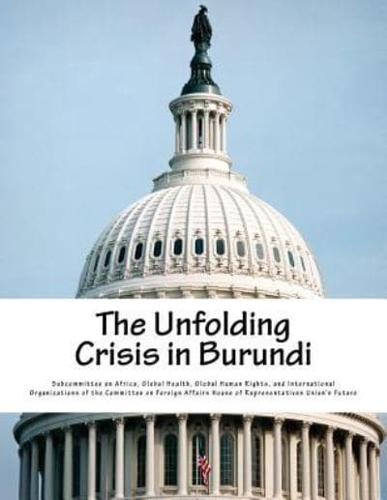Publisher's Synopsis
Many are familiar with the horrific genocidal violence that gripped Rwanda in the 1990s, as Hutu and Tutsi butchered each other in outgrowths of ethnic hatred. Few knew, however, that Burundi was also going through a protracted Tutsi versus Hutu ethnic struggle that also amounted to genocide in the 1990s. Few knew that Burundi, without much fanfare and without the largess that the international community showered upon Rwanda, overcame its divisive civil war and, following a peace brokered by Nelson Mandela solemnized in the Arusha Accords of 2000, has sought to heal the wounds of the past and rebuild a nation. Today, however, this peace is under the threat of unraveling. The sitting President of Burundi Pierre Nkurunziza, in apparent defiance of the term limits set forth in the Arusha Accords and memorialized in the Constitution, is seeking a third term. While the constitutional issue is complex and unsettled, the rising political violence and tension-not to mention the roughly 160,000 people displaced and seeking refuge in neighboring countries-is easy to understand and serves as the canary in the coal mine. There are real problems, and again we need to be ahead of this, not behind, in trying to mitigate a crisis.









